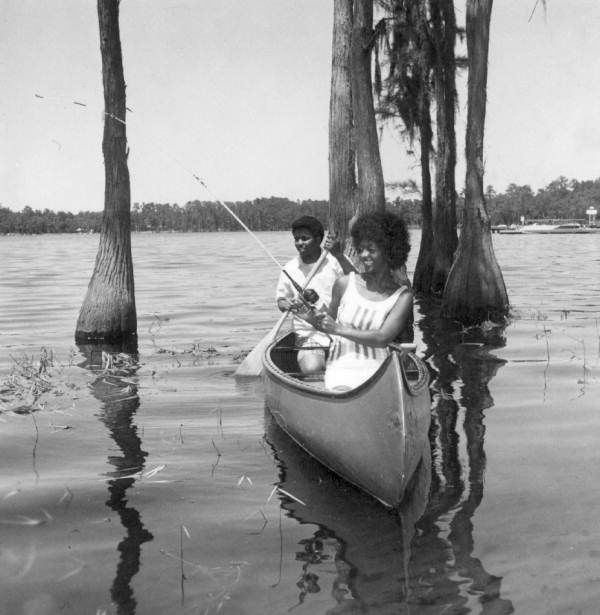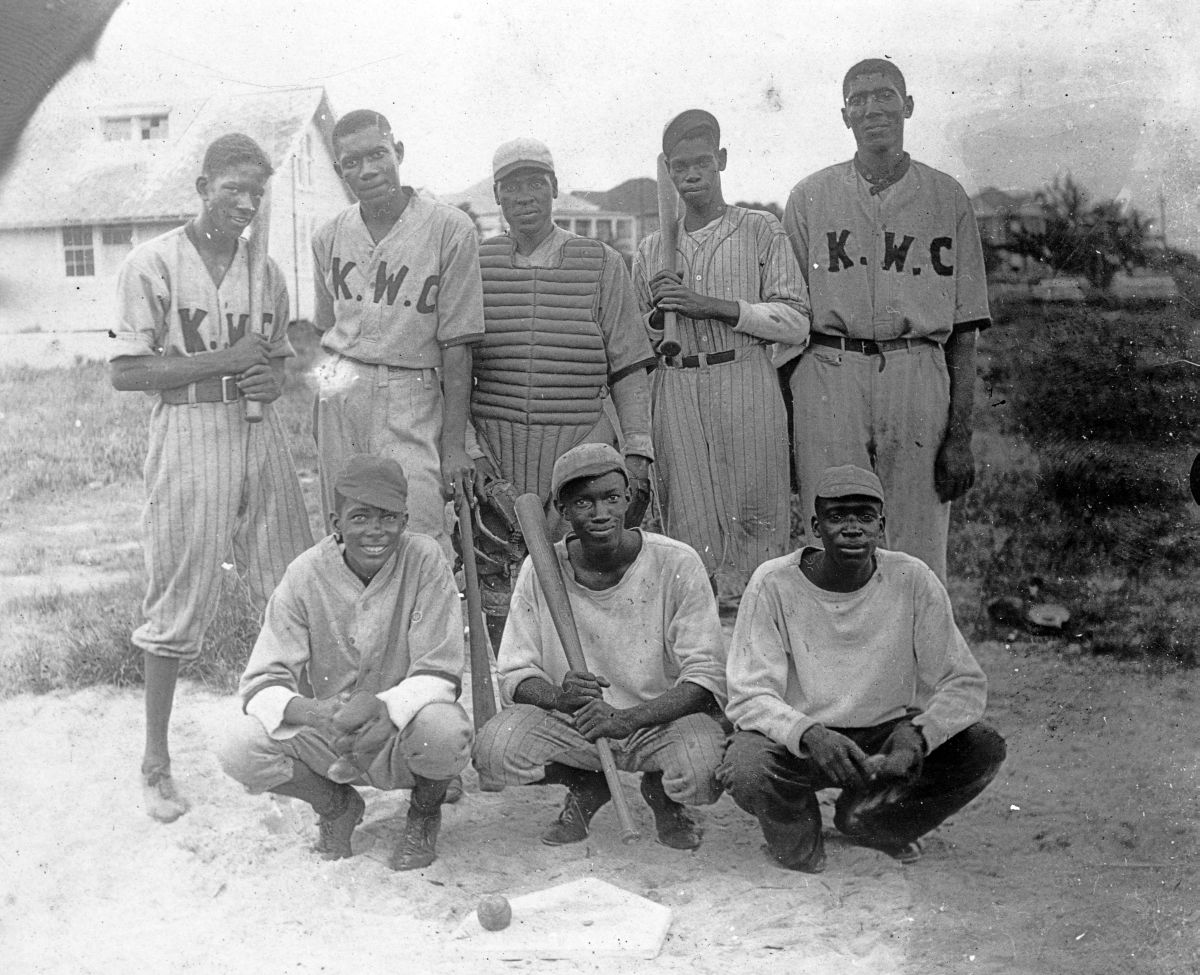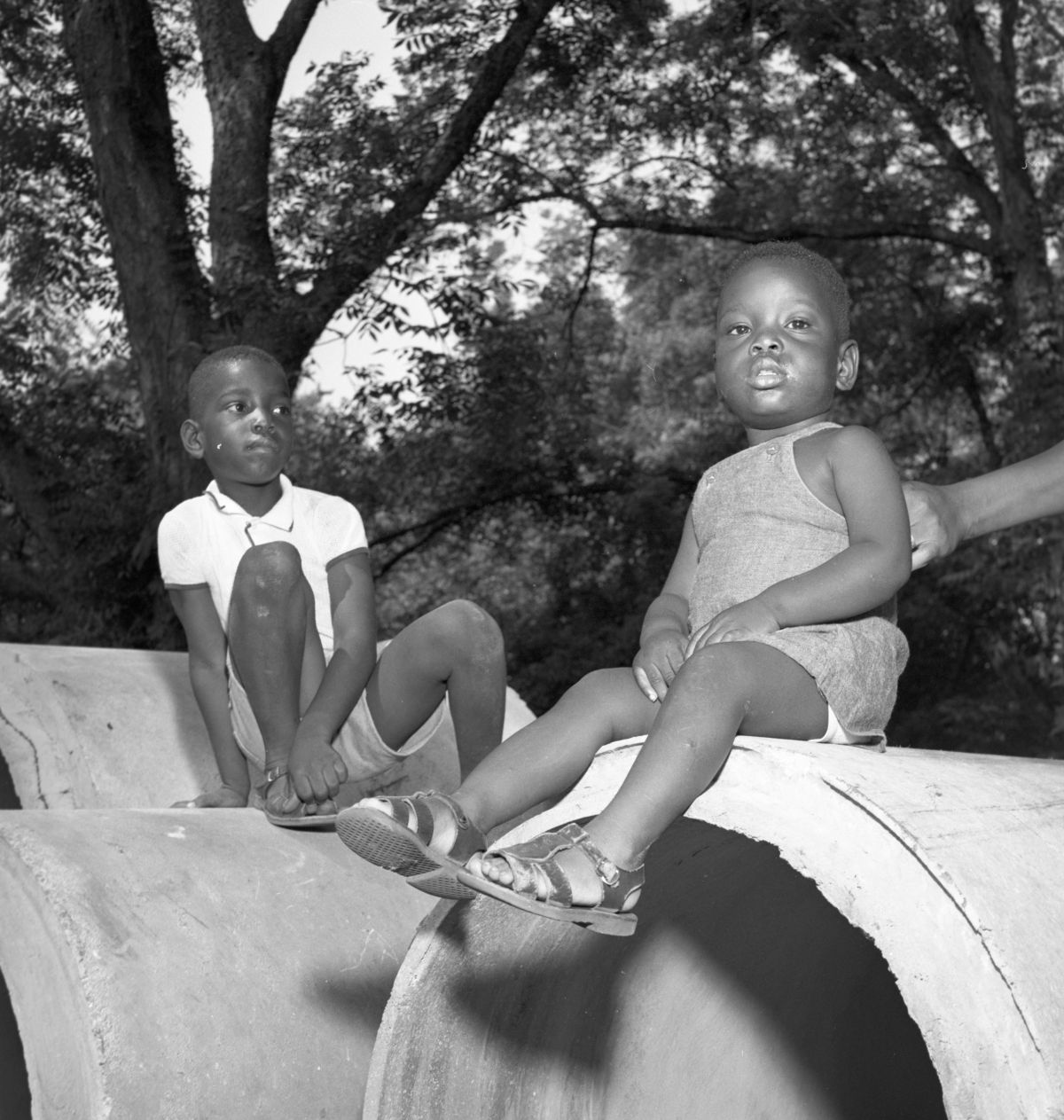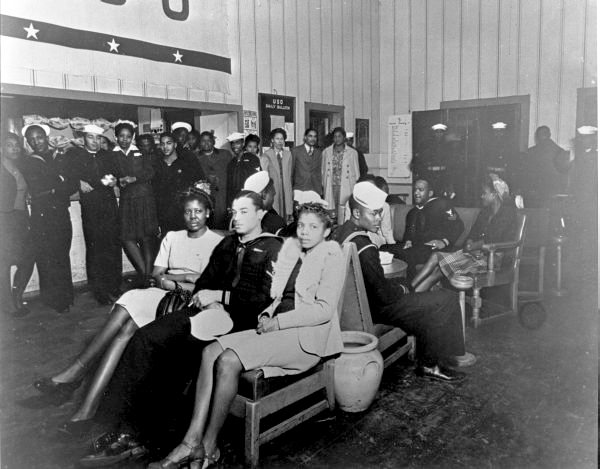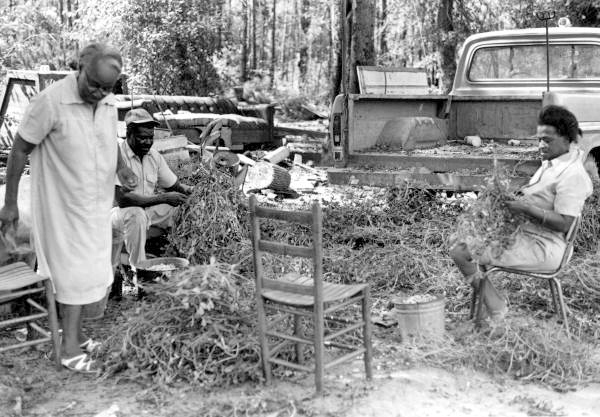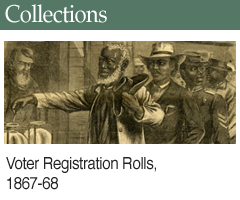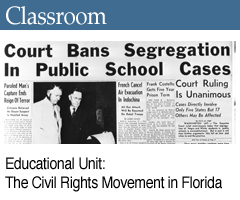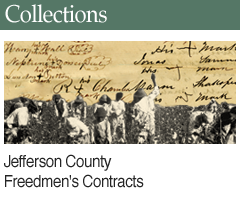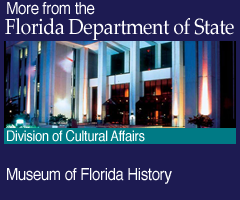Guide to Black History Collections in the Archives of Florida
Introduction
The State Archives of Florida, under the Florida Department of State, is the official repository for the public records of the state of Florida. The Archives collects, preserves and makes available the permanently valuable records that agencies create or receive in conducting state business.
The intent of this guide is to present an overview of the resources that are available for the study of Black history in the State Archives of Florida. It replaces the 1988 publication and 2002 update of “The Black Experience: A Guide to Afro-American Resources in the Florida State Archives.” This new guide includes an introduction to the State Archives and an updated list of relevant series and collections. We hope that this publication will benefit historians, genealogists, students and other researchers by making those records in the Archives relating to Black history and culture better known, more accessible and easier to use.
Please note that the original terminology used by the creators of records in the State Archives’collections may be harmful or offensive. That terminology is being retained where necessary to accurately represent the original intentions of the creators and the historical context of the records.
The State Archives collects records in five main areas: State Government Public Records, Manuscript Collection, Florida Photographic Collection, Local Government Public Records and Genealogical Collection.
State Government Records comprise the majority of records within the State Archives. State Government series are received from each branch of Florida’s government – executive, legislative, and judicial – and made accessible to the public in accordance with statutory public records laws, commonly referred to as the “Sunshine Laws.” In this guide, state record series are divided into two groups: the executive branch and the legislative and judicial branches.
Executive branch records listed in this guide are those that are created by the Office of the Governor, the Cabinet and all state agencies and departments. These series include records such as appointment files, meeting minutes, official correspondence, records relating to Florida’s major colleges and universities, photographic records, speeches, territorial records, and many others. Executive branch records cover all subjects of government concern, including segregation, civil rights, Black businesses and leaders, and historically Black communities and colleges.
Legislative and judicial branch records are created by the Florida House of Representatives and Senate and the Supreme Court, courts of appeals and circuit and county courts. These series include the House and Senate session tapes and journals, committee files, memorials and resolutions, Supreme Court case files, and the legislative and judicial records of the territorial period. Subjects covered in these series include the treatment of enslaved and free people of color, civil rights law, land and civil disputes, property division, social and cultural movements, investigative committees and many more.
Many manuscript collections at the State Archives include records such as church membership rosters, baptism and marriage records, Black professional and fraternal organization records, plantation registers and enslavement documentation, and the papers of notable Black figures such as microbiologist Leona Cooper, educator Eunice Liberty and Judge Joseph Lee, a prominent Republican during Reconstruction and in subsequent years. To highlight the lived experiences and perspectives of Black Floridians as told in their own words, the collections included in this section are arranged into three categories: Black Creators and Voices, Non-Black Creators and Hidden Histories.
The Florida Photographic Collection consists of more than 1.5 million still images and thousands of motion picture films and tapes of Florida people, places and events from the middle of the 19th century to the present. This guide describes our best available photographic documentation of the Black experience and Black history and culture in Florida, including family and religious life, business practices, the treatment and experiences of Black individuals during the Civil War and Reconstruction era, political and social activism movements, arts and music, recreation and travel, and formal portraiture. For ease of access, each photographic collection is denoted as representing Black Creators and Voices (BC), Non-Black Creators (NBC), or constituting a Hidden History (HH).
The Local Government Public Records section of this guide describes series collected from city and county government agencies. These series vary widely in scope and contain records such as birth, marriage and death records; tax rolls; trusts, wills and estate appraisements; probate records; administrative files; city ordinances; and many others. These records are especially useful for genealogical research and are organized in this guide by locality of origin.
While the titles listed in this volume represent the State Archives’ richest sources of documentation on Black history in Florida, the Archives holds many additional collections not listed here that the enterprising researcher may find useful for Black history research.
The Archives offers reference services for remote and in-person patrons. However, many of the series and collections listed in this guide are on microfilm, which is available to in-person patrons only. If such research is needed, researchers should plan to visit the Archives in person or arrange with a private researcher. Reference staff will provide a list of researchers upon request.
The State Archives of Florida is located in the R.A. Gray Building at 500 South Bronough Street, Tallahassee, Florida. The Reference Room is open Monday through Friday from 9:00 a.m. to 4:30 p.m. and can be reached by phone at 850.245.6719, by email at archives@dos.myflorida.com, or on the web at archivesflorida.com.

 Listen: The FolkFolk Program
Listen: The FolkFolk Program